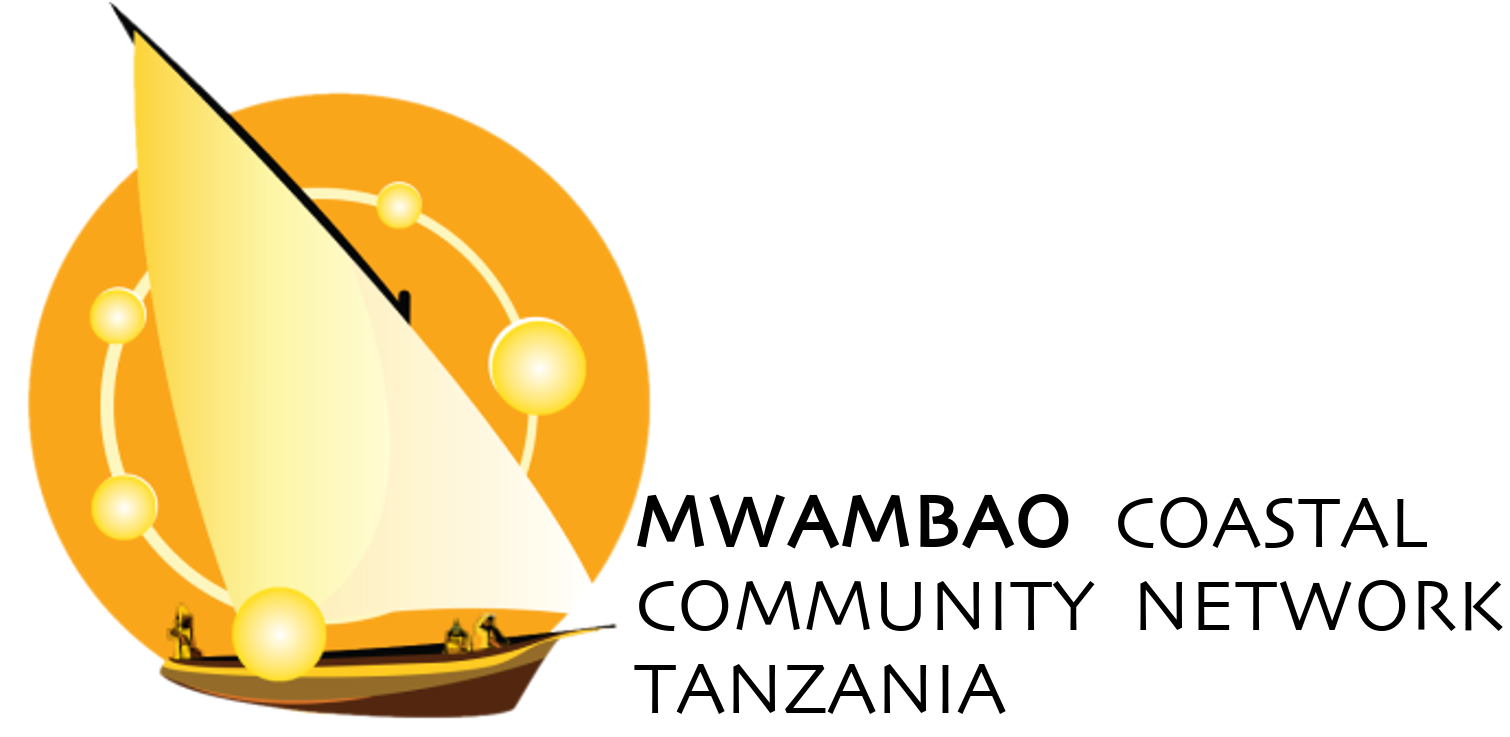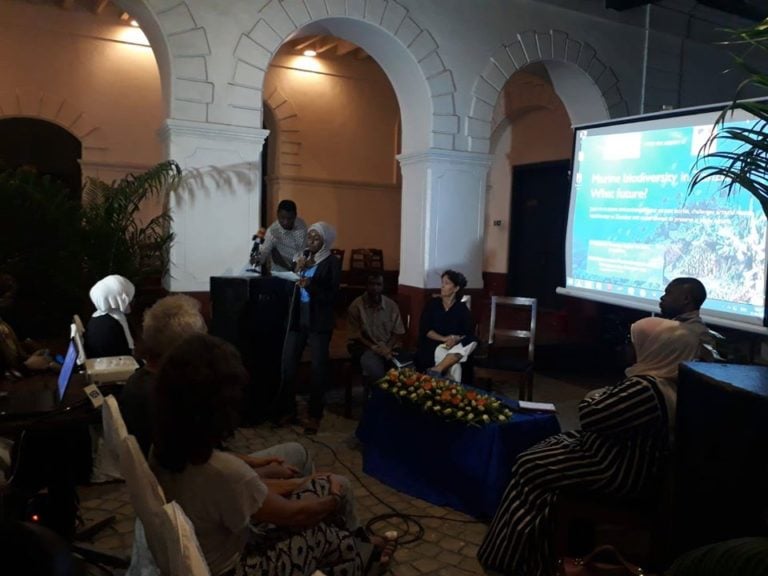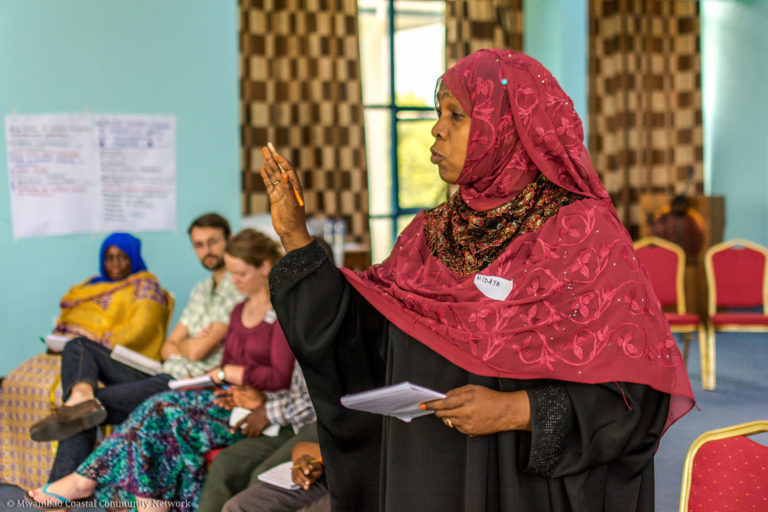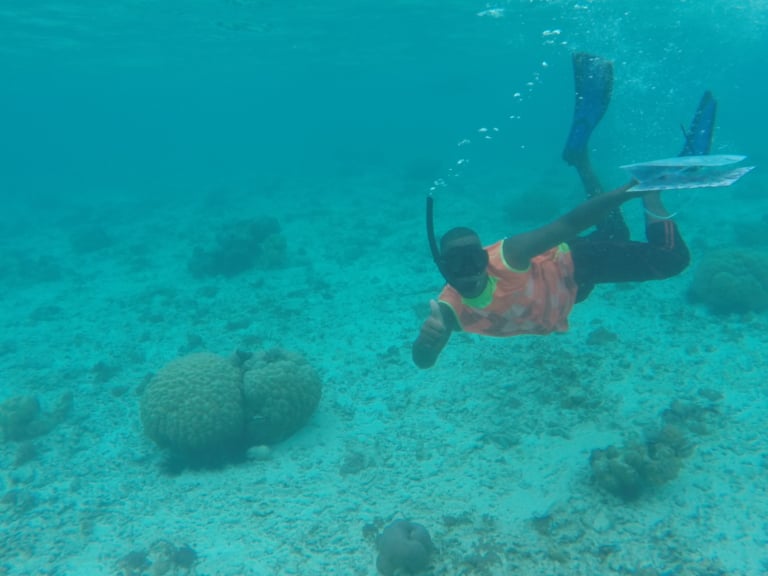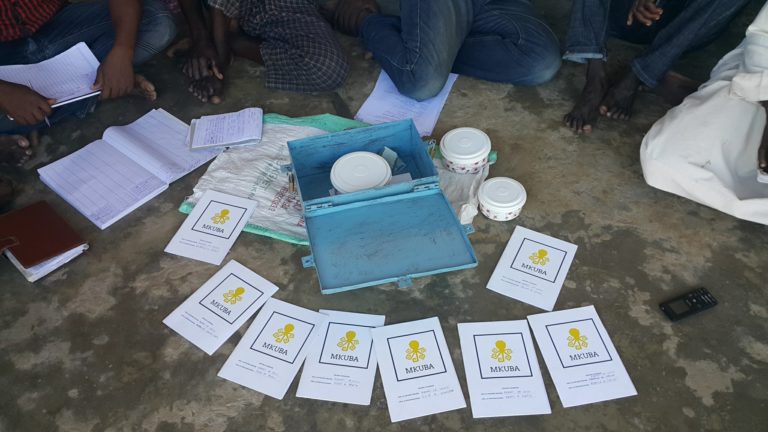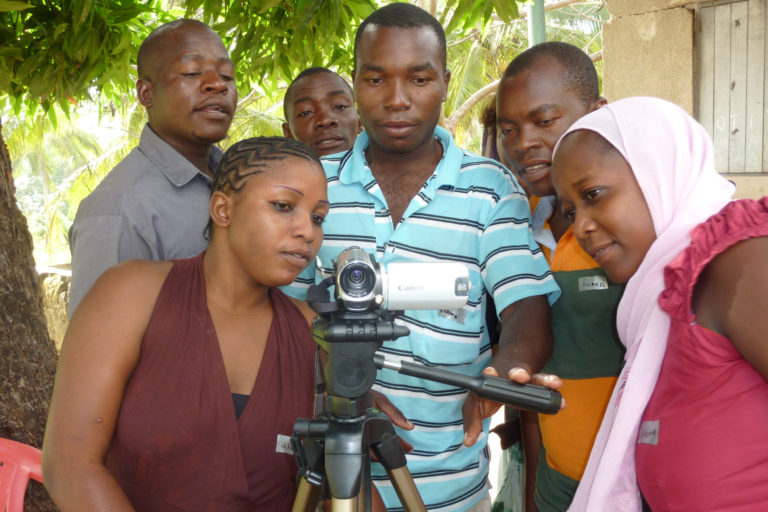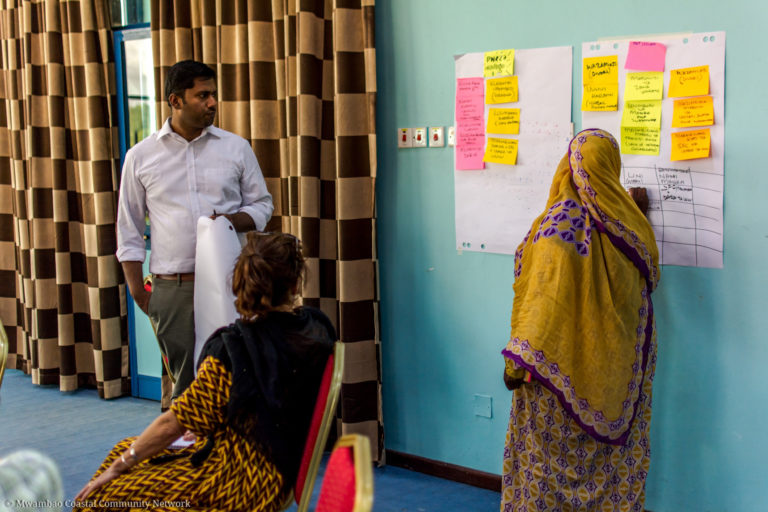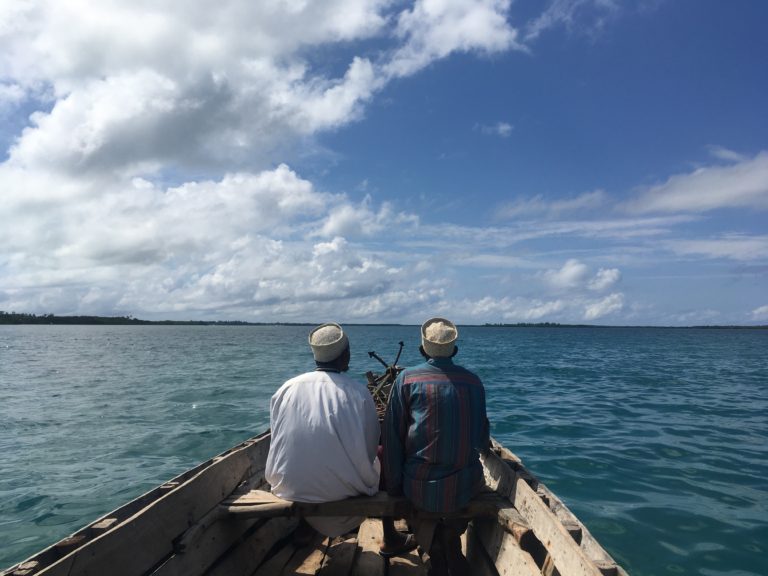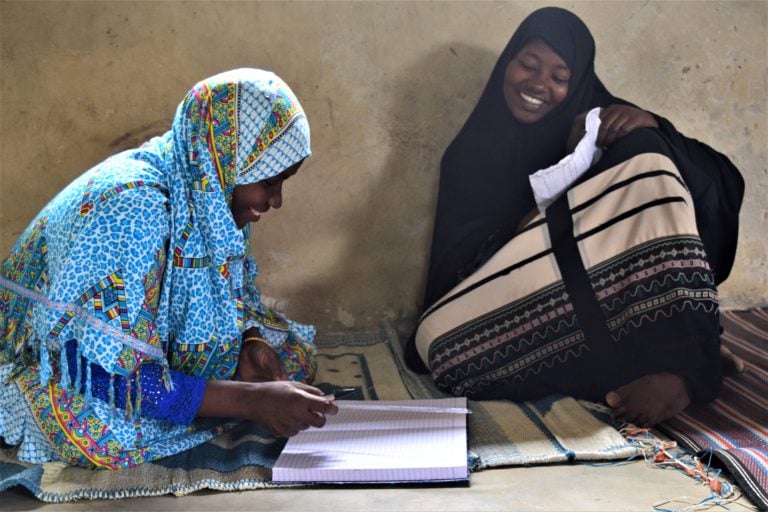OUR STORIES
What factors make community fishery closures work?
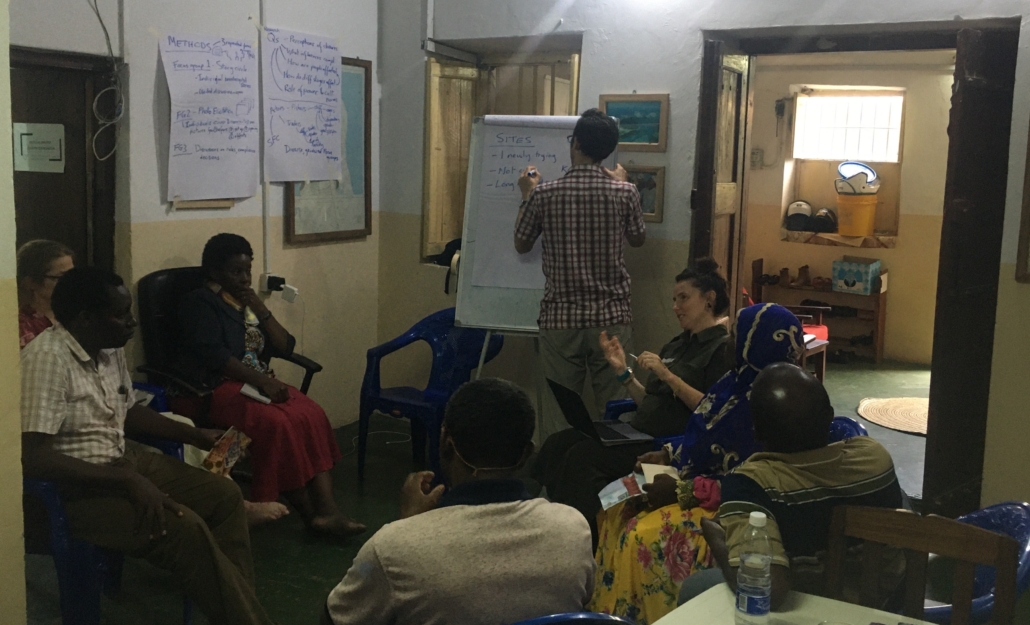
What factors make community fishery closures work?
21/11/2019
What factors make community fishery closures work?
Today we were exploring what influences long-term adoption of temporary octopus closures by coastal communities in Tanzania. This will contribute to Agent-Based Modelling forming part of the OctoPINTS project. This project is led by the Stockholm Resilience Centre (OctoPINTS stands for Octopus & People in Novel Transdisciplinary Simulations).
The OctoPINTS team visiting today and for the next few days includes representatives from the Stockholm Resilience Centre, University of Dar es Salaam, Pwani University Mombasa, Blue Ventures and Mwambao. The research project is funded by the Swedish Research Council and Sida (Swedish International Development Cooperation Agency).
LATEST STORIES
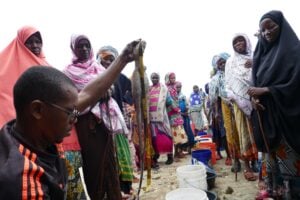
MKUBA ECO-CREDIT FUND DISBURSEMENT
February 7, 2024



Women only fishing day!
April 6, 2023
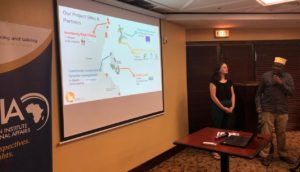

National Ecosystem-based Adaptation (EbA) workshop
April 1, 2023


A new CEO!
December 15, 2022
